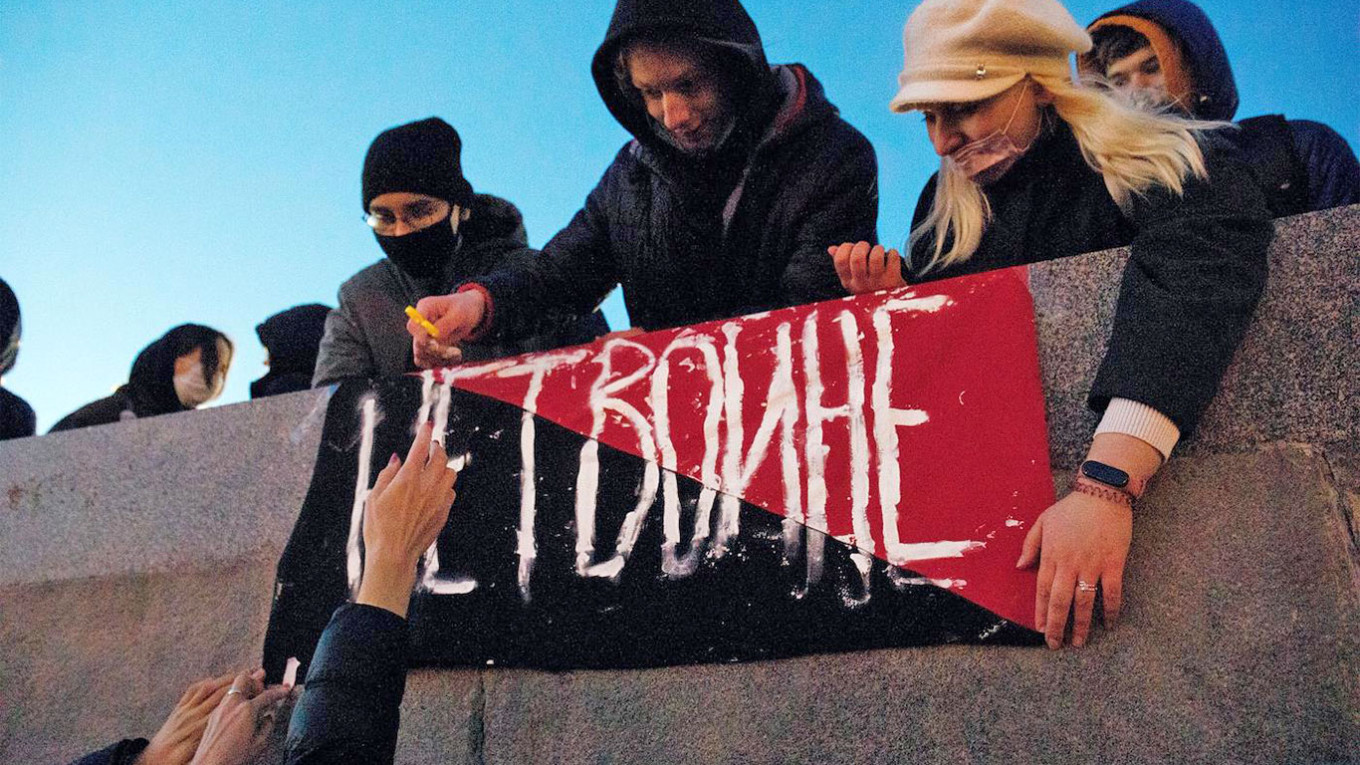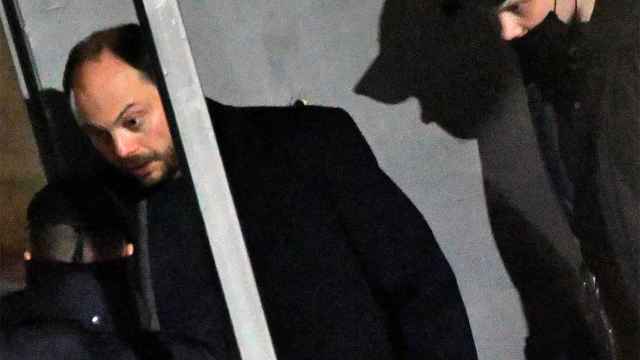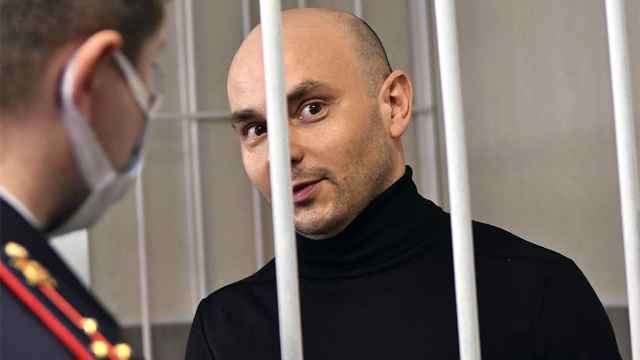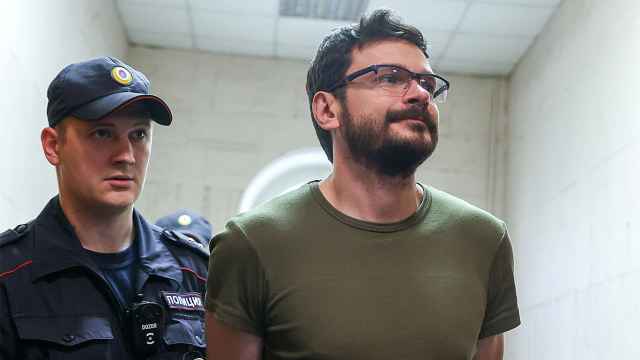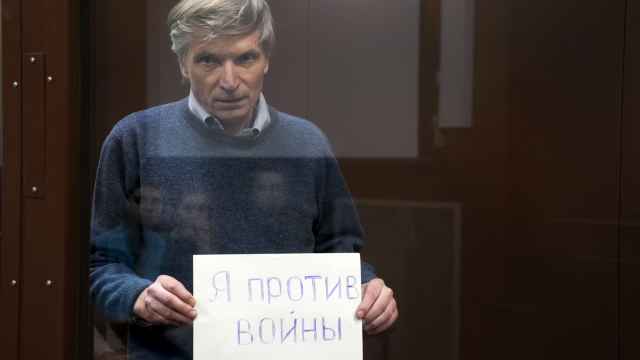The 30,000 ruble ($497) fine handed to Sergei Stafeyev by a Russian court earlier this year for breaking wartime censorship laws amounted to more than his monthly pension.
With little savings, the retiree from the remote Butyrka village near the Ural mountains was at a loss for how to find the money — and grew desperate when a failed appeal meant he faced possible jail time for non-payment.
It was then that Stafeyev found out about ROSshtraf, a crowdfunding initiative to help those convicted in “political” cases. After he contacted them, the money he needed to pay his fine for “discrediting the Russian army” was raised in a little over an hour.
“It's indescribable; I was spared the noose,” Stafeyev, 63, told The Moscow Times. “It was help for a drowning man.”
ROSshtraf is one of several crowdfunding initiatives helping Russians who have been prosecuted under draconian wartime censorship laws that punish offenders with large fines and, in some cases, long prison sentences.
These projects, which are often coordinated from outside Russia, use online appeals and a decentralized structure to avoid being shut down by the authorities.
ROSshtraf, which is run by a small team of volunteers, uses messaging app Telegram — where they have over 4,500 followers — to run regular crowdfunding campaigns.
Each post includes a moving story of the protest that resulted in the fine and provides the protester’s bank account details for direct transfers.
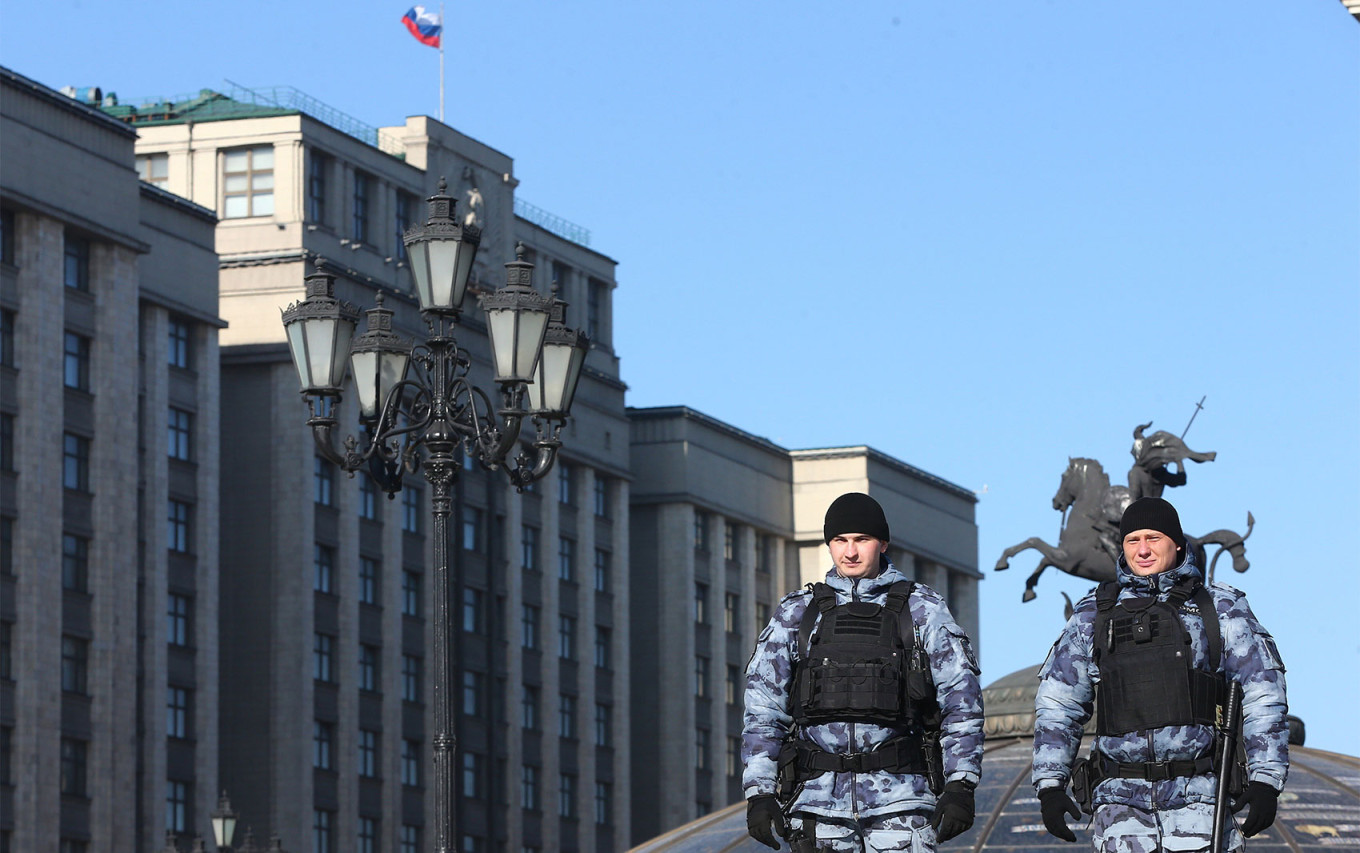
Stafeyev was fined for staging a one-man picket after the Ukrainian city of Zaporizhzhia, where several of his cousins lived, was hit by a Russian missile barrage and he briefly lost contact with them.
While ROSshtraf was set up before Russia’s invasion of Ukraine, it was designed to help people like Stafeyev with limited financial means.
“Sometimes the amounts [of fines] may not seem very large, but for… people with low incomes, any money is significant,” activist and ROSshtraf founder Fyodor Krashenninikov told Novaya Gazeta in 2019 shortly after the project was launched.
Other Russian groups using crowdfunding to pay fines for protests include Nobel Prize-winning Memorial as well as rights groups RosKomSvoboda and OVD-Info.
Similar to ROSshtraf, online platforms Picketman and Zaodno (“Together”) focus solely on providing financial help to prosecuted dissenters.
Two men who received assistance from Zaodno — Valery Kraynukov, 35, from Moscow-annexed Crimea, and Artyom Kallas, 31, from central Russia — were shocked when they saw how much money had been crowdfunded.
It was a “morale boost,” said Kraynukov, who was fined 30,000 rubles after his neighbor reported him to the authorities for anti-war social media posts and bumper stickers.
“I see that nobody actually does anything for the pro-war cause, but people do do things for the victims of our state,” he told The Moscow Times.
Kallas, who was given two fines totaling 60,000 rubles ($982) for putting an anti-war bumper sticker on his car, said he was impressed by Zaodno’s efficiency.
“The concept and execution of this were amazing, I can't think of any other words to describe it,” he told The Moscow Times.
“Such self-organization and support of one another are undoubtedly significant.”
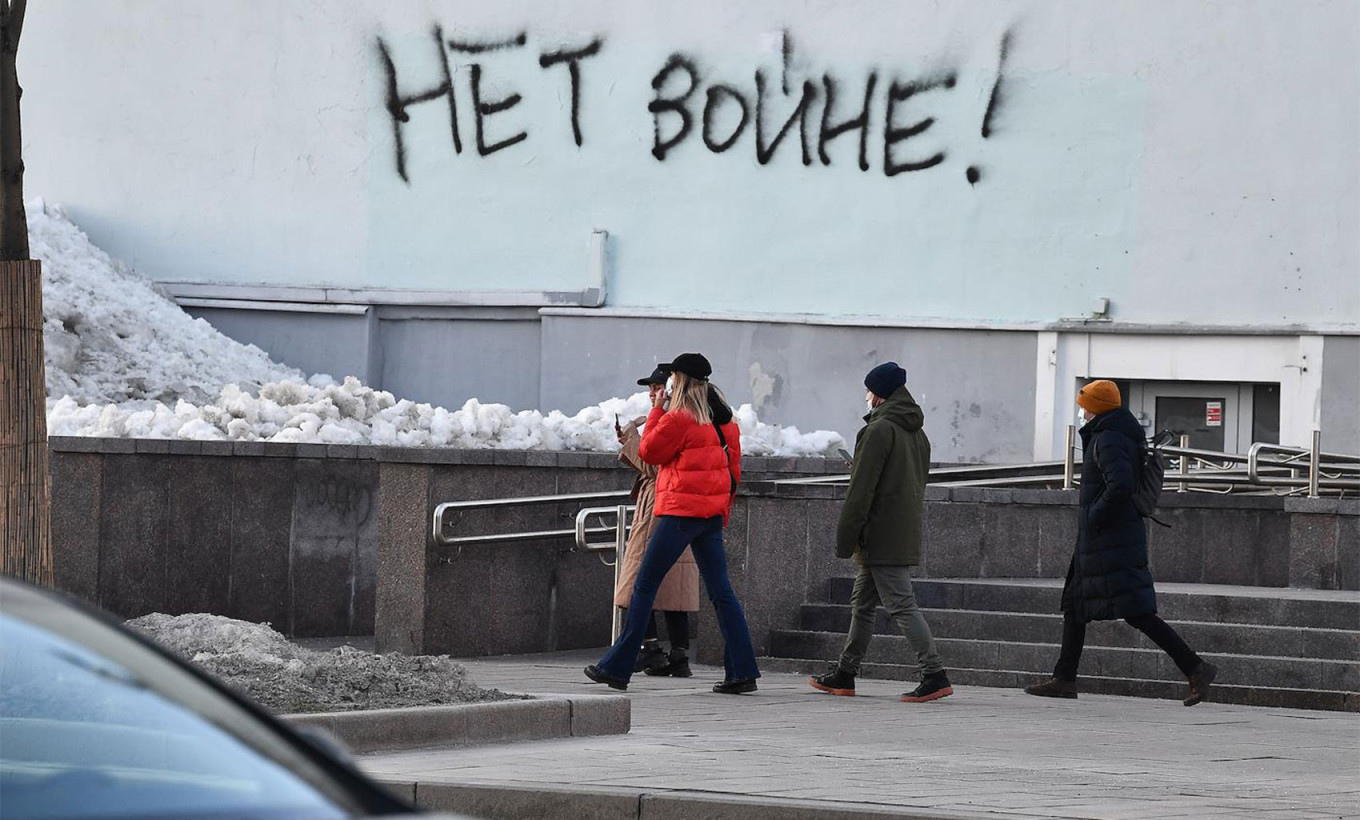
In the first eight months of Russia’s invasion, over 19,000 people were detained at anti-war rallies with the police opening 4,777 administrative cases and over 300 criminal cases, according to data collected by protest-monitoring group OVD-Info.
While there is no publicly available data on the number — or the total monetary amount — of fines handed down by Russian courts, Zaodno and ROSshtraf claim together to have crowdfunded 11 million rubles ($180,866) for a total of 385 people.
Both organizations avoid collecting contributions in one bank account. Instead, they ask donors to transfer money directly to the person who was fined.
“If [your organization] has a bank account, it can be blocked, money taken away, or you can be blackmailed,” said Mikhail Lebedev, 34, the founder of Zaodno.
Zaodno, which was launched in April, has even created an online ecosystem that activist organizations can use to set up a fundraising page for their clients.
In addition to helping protesters, organizers hope that crowdfunding initiatives like ROSshtraf and Zaodno will help focus public attention on the individuals who are risking jail time to speak out against the war.
However, those on the receiving end of assistance are often simply grateful to avoid having to pay crippling financial penalties.
“When I realized that the money for the fine was raised, I experienced a state of weightlessness,” said Yelena Rodvikova, 47, a single mother from the northern city of Syktyvkar who was fined 350,000 rubles ($5,730) for “extremism” last year.
It took ROSstraf just two days to collect the money Rodvikova needed.
“It was as if a weight had fallen from my shoulders and from my soul,” she said.
A Message from The Moscow Times:
Dear readers,
We are facing unprecedented challenges. Russia's Prosecutor General's Office has designated The Moscow Times as an "undesirable" organization, criminalizing our work and putting our staff at risk of prosecution. This follows our earlier unjust labeling as a "foreign agent."
These actions are direct attempts to silence independent journalism in Russia. The authorities claim our work "discredits the decisions of the Russian leadership." We see things differently: we strive to provide accurate, unbiased reporting on Russia.
We, the journalists of The Moscow Times, refuse to be silenced. But to continue our work, we need your help.
Your support, no matter how small, makes a world of difference. If you can, please support us monthly starting from just $2. It's quick to set up, and every contribution makes a significant impact.
By supporting The Moscow Times, you're defending open, independent journalism in the face of repression. Thank you for standing with us.
Remind me later.


